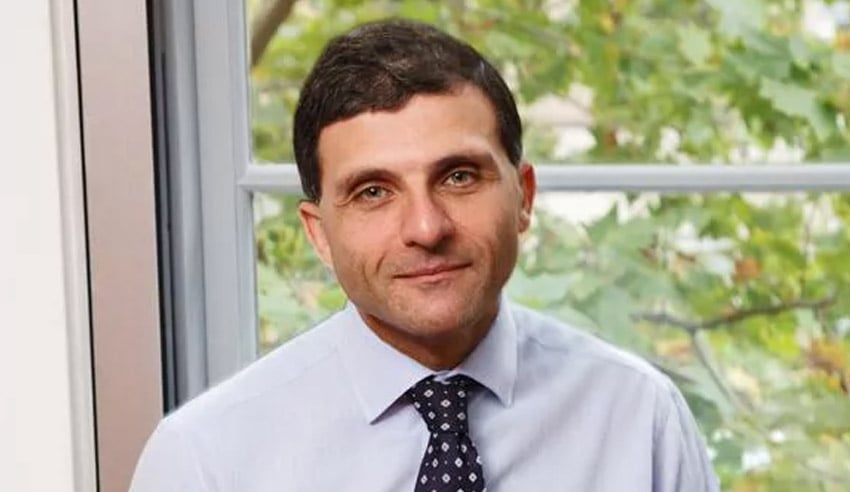Federal, state and territory jurisdictions need to raise the minimum age of criminal responsibility to 14 years and remove the “fraught” doli incapax presumption, according to national legal advocacy group the Law Council of Australia.

Source: dailytelegraph.com.au
Speaking yesterday, LCA president Arthur Moses SC said the current minimum age of criminal responsibility in all states and territories, and under federal law, is 10 years of age, and that this “is far too low”.
“The incarceration of children as young as 10 is a national tragedy. There is something wrong when children can’t join Facebook until 13 but in Australia can be prosecuted for a criminal offence at 10.”
Raising the minimum age of criminal responsibility to 14 years would also remove the need for courts to consider the confusing and complex doli incapax presumption, Mr Moses continued.
“Doli incapax means the law presumes a child under the age of 14 does not possess the necessary knowledge required to have criminal intent. This presumption can be disproved or rebutted by leading evidence to show that a child knew his or her actions were morally wrong. In practice, doli incapax has proven to be extremely difficult to apply in court,” he explained.
“The presumption continues to wreak confusion as to whether the defence or prosecution bears the burden of proving that a child knew their conduct to be wrong. This leads to errors and results in children being held in custody for lengthy periods of time before the presumption can be led or tested in court, and the child acquitted.
“As recently as last week, the Northern Territory Court of Appeal allowed an appeal in the case of KG v Firth which demonstrated the uncertainty surrounding doli incapax and the risks of its erroneous application.”
Raising the minimum age of criminal responsibility to 14 years would improve justice outcomes for some of our most vulnerable children and honour Australia’s commitments under international law, including to promote the best interests of the child, Mr Moses posited.
This would also replace doli incapax altogether, he added, “significantly reducing complexity and confusion in our courts”.
LCA is calling on Australian Attorneys-General to commit to raising the minimum age in every jurisdiction, he said.
“Raising the age of minimum criminal responsibility is not being soft on crime: it means adopting a just, proportionate approach. The evidence clearly shows those detained as children are often imprisoned as adults. This is not the trajectory we want for vulnerable children or the best way to keep our communities safe. Children must be protected, not criminalised, and prison should never be a rite of passage,” he said.
“Many children in detention have not been sentenced. There must be greater emphasis on evidence-based alternatives to detention, including intensive rehabilitative and welfare-based responses, justice reinvestment projects, early intervention, prevention and community-led diversion programs.”
The comments follow a recent decision by LCA directors from around Australia to change the advocacy group’s policy, which previously called for the minimum age of criminal responsibility to be raised to “at least 12 years old”.

Jerome Doraisamy is the managing editor of professional services (including Lawyers Weekly, HR Leader, Accountants Daily, and Accounting Times). He is also the author of The Wellness Doctrines book series, an admitted solicitor in New South Wales, and a board director of the Minds Count Foundation.
You can email Jerome at: